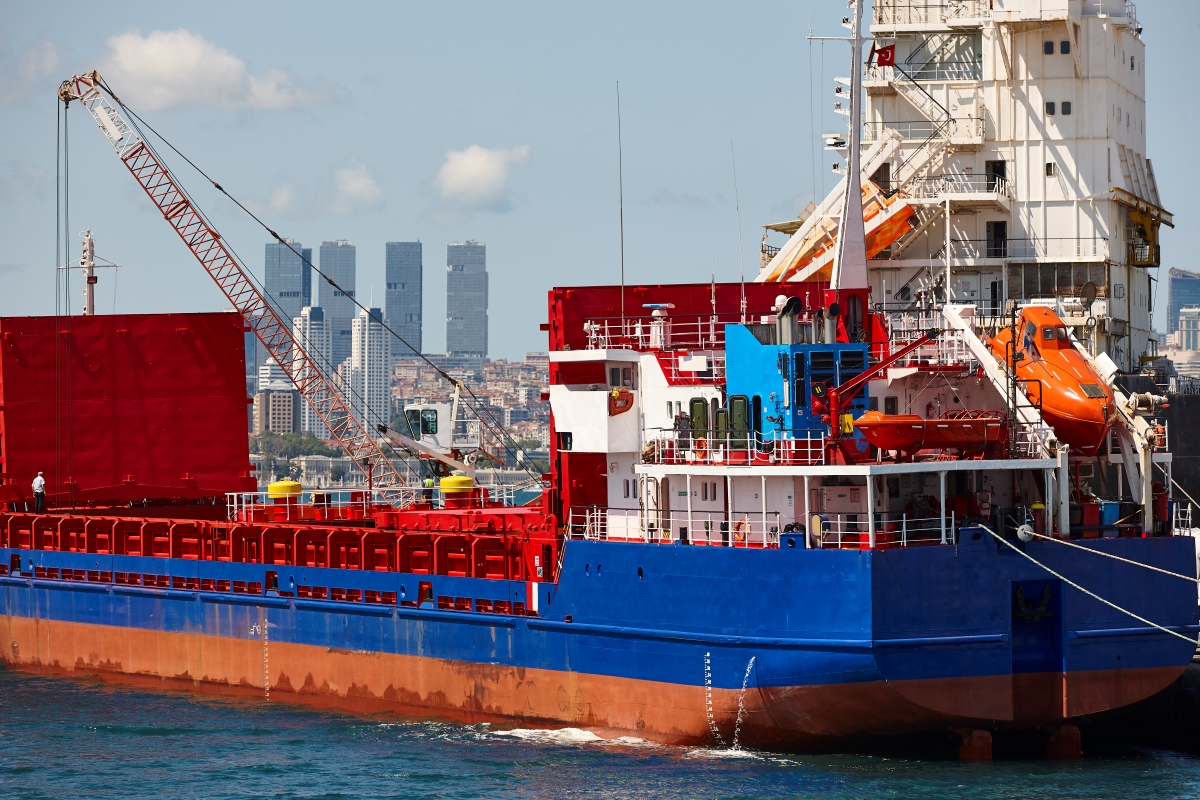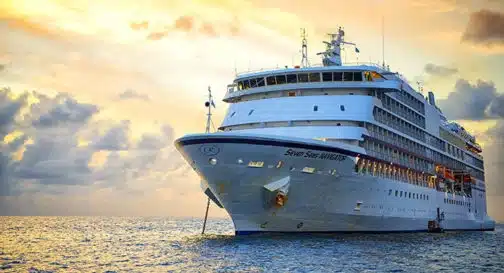Shipping companies may cut corners in the name of profits, even when they may be receiving more money for their services. If you have been injured on board a shipping vessel, an experienced California Jones Act lawyer at the Law Offices of Preston Easley, APC can help you file a personal injury lawsuit.
There are times when shipping companies are figuratively under the gun because they are working in periods of high demand. Here, they could place their workers in jeopardy because they are struggling to keep up with customer requirements and make deliveries in time. Accordingly, workers typically have a higher injury rate when there is more being asked of them under difficult circumstances.
The experienced Jones Act attorneys at the Law Offices of Preston Easley, APC are just a phone call away. You can schedule a free initial consultation to discuss your case and learn whether you may have a lawsuit against your employer.
A High Baltic Dry Index Reading Indicates Peak Demand
The Baltic Dry Index is intended to measure the prices that customers pay to shippers for their services. It is indicative of the level of activity in the shipping industry. Market participants often use the Baltic Dry Index as a proxy for the overall level of economic activity. Currently, the Baltic Dry Index is near its 52-week high, indicating high demand in the shipping industry. Even though there are global trade tensions that have curtailed some imports, there is still strong demand from China for products such as iron ore, which has resulted in constrained capacity in the shipping industry.
When the Baltic Dry Index is high, shippers are under their own pressure to make timely deliveries. They are facing capacity issues, and they may be struggling to deliver products on time. The resulting pressures may cause shippers to cut corners whenever possible. The result is that workers on these vessels may face an increased level of danger.
Dangers for Workers During Peak Periods
Shipping workers may face the following hazards during these periods of increased activity:
- Dangers from increased capacity: Ships are operating at peak capacity, meaning that there may be more vessels on the water and more pressure on the crew to deal with and handle full boats.
- An intense focus on speed: Shippers want to keep their customers happy, especially when they are paying high rates. Accordingly, safety procedures may be compromised when shippers are prioritizing profits and speed over safety.
- Mechanical issues with vessels: Shippers may be reluctant to take the time to make repairs to vessels or take them out of service. They do not have the capacity to not use all of their available vessels to satisfy demand. With that in mind, shippers may put off repairs that they need to make today to keep their workers safe.
- Lack of experienced crews: The fact that demand is so high means that shippers may struggle to find enough experienced crew members to safely operate the vessel. It takes a certain amount of experience and training to adhere to safety standards.
- Traffic in ports: Vessels operate in the highest amount of danger when they are close to ports because there is more traffic. There is an increased possibility of collisions with either other vessels or fixed objects in the water when there is more congestion close to the ports.
In addition, longshoremen who are tasked with loading and unloading vessels are also under more strain. They may be pressured to work as quickly as possible to do their jobs. A surge in shipping activity could lead to musculoskeletal injuries or health issues relating to overuse.
For their part, shipping companies and ports need to make the appropriate investments to maintain safety during this time. Whether they are extremely busy or not. Their workers’ health can be at stake. If an employee is injured on a vessel at sea, they may be able to file a personal injury lawsuit against their employer. If a longshoreman has been hurt when loading or unloading cargo, they could file a claim under the Longshore and Harbor Workers’ Compensation Act. An experienced maritime lawyer can review your case and determine whether you have a potential lawsuit and the best possible means to seek compensation for your injuries.
Contact a California Jones Act Law Firm Today
If you are a seaman who has been injured on the high seas, speak to an experienced California Jones Act lawyer at the Law Offices of Preston Easley, APC to learn about whether you can file a lawsuit. You can schedule a free initial consultation by reaching out to us online or by calling us today at (310) 773-5207. We also serve injured Maritime workers in Hawaii.

Preston Easley is a graduate of the United States Naval Academy in Annapolis, MD. He served five years of active duty as a Naval officer — three years as a deck officer on a fast frigate and two years as a patrol boat skipper. Mr. Easley also served aboard a tank landing ship in the reserves. Learn more here.












